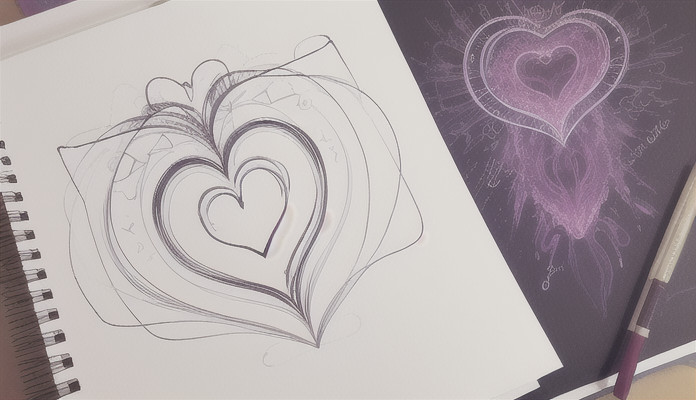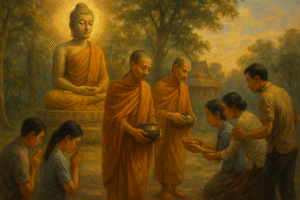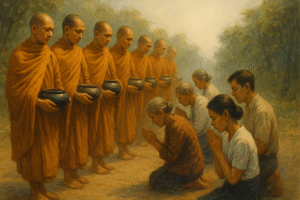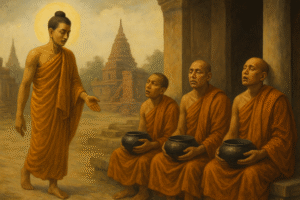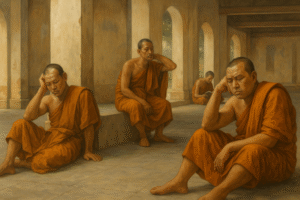Two of the most impactful forces are the faculties of intellect and emotion. Both have their unique domains of influence. The intellect aids us in comprehending the mechanics of the universe, developing new technologies, and unraveling mysteries of existence. However, when it comes to the realm of genuine love, the intellect can inadvertently lead us astray.
In the contemporary world, we have come to place enormous emphasis on intellectual development, often mistaking it for the entirety of human experience. We strive for knowledge, for academic achievements, for the cultivation of a sharply analytical mind. These, undoubtedly, are important aspects of our being, encompassing the external manifestation of our existence.
Regrettably, we have extended this intellectual approach to areas where it is less apt, areas that dwell in the realm of the heart. One of the profoundest among them is love. Love, in its true essence, is an emotion, a state of being, a profound interconnectedness. Attempting to approach it intellectually is like trying to understand the scent of a rose by examining its petals under a microscope. You might learn a lot about its structure, but the fragrance – the very essence of the rose – cannot be dissected and studied.
In many instances, love has been diminished to an intellectual idea, something to be taught, enforced, and exchanged. There are families where love is perceived as a transaction, where phrases like “you must love me because I loved you” become a common refrain. This understanding of love is akin to a business contract, devoid of authenticity, stripped of its innate purity. Love is not a commodity to be exchanged based on predefined terms. It cannot, and should not, be made out of comparison or choice.
This intellectualized form of love gets transmitted across generations. We hear echoes of it in our everyday interactions, in the expectations within relationships. A husband might say to a wife, “I do this for you, you have to do that for me. You have to love me because I take care of you.” This is a business deal, not love. We talk about love, we demand it, but we rarely embody it.
Such love is not a spring that gushes forth from the heart; it is a checklist that the intellect tirelessly ticks off. It is a love of the mind, not of the heart. And when love arises from the intellect, it loses its authenticity, its truth.
The essential truth is this – love cannot be taught. Not in the way you teach algebra or history or the laws of physics. The mind can grasp concepts, but love is not a concept. Love is a state of being. It is an experience, a state of feeling, a way of being. Any attempt to enforce it, to demand it, is fundamentally narcissistic. To tell a child that they must love their parents is an act of coercion, a far cry from true love.
How then do we learn to love? How do we teach love? The answer is simple. We can only teach love by loving. We can only learn to love by receiving love. We must be a mirror reflecting the purity and authenticity of love. We must create a space in which love can flow, free from all expectations and demands.
The language of love is not of the intellect. It is a silent language, a language of feeling. When love happens out of emotions, it is genuine and profound. It is a flowing river, spontaneous and unending, unburdened by the constraints of intellect or expectation. If it happens out of the intellect, it is often masked in hypocrisy, a mere shadow of the real thing. Love is not something we do out of obligation or calculation; it is something we allow to flow from the heart.
